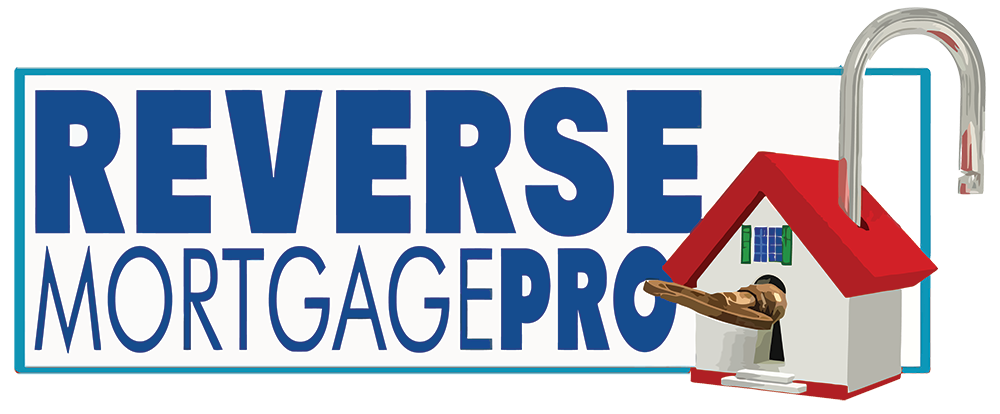Knowing the associated fees before getting a reverse mortgage is crucial, as they affect the overall cost and your remaining home equity should you sell or leave your property to your heirs. Let’s discuss the upfront and ongoing reverse mortgage fees to set your expectations.
Upfront Costs
Processing reverse mortgages comes with certain costs deducted from the loan proceeds, meaning you don’t need to pay out of pocket. These include:
- Counseling Fee
Counseling with a professional approved by the U.S. Department of Housing and Urban Development (HUD) is necessary when applying for a reverse mortgage. It ensures you understand how this loan program works to help you determine if it’s the right financial tool for you.
- Appraisal Fee
Lenders need an appraisal to determine your house’s market value before approving the loan. The overall fee for this procedure will depend on your property’s location and size.
- Loan Origination Fee
Lenders may charge you to set up your HECM application. This fee covers all services for processing your loan from start to finish. Additionally, the FHA has limited the amount lenders can charge, so you won’t have to worry about excessive expenses.
- InItial Insurance Premium
Lenders charge and pay an upfront mortgage insurance premium (MIP) to the Federal Housing Administration (FHA). The premium ensures borrowers can access the total principal limit even if the lender goes out of business and protects lenders should borrowers have lapses in payments.
- Closing Cost
These fees come with closing loans, including title insurance, credit checks, and recording fees. They vary per lender and may cost several thousand dollars.
Ongoing Costs
Like upfront costs, ongoing reverse mortgage fees are taken from the loan amount, so you won’t have to pay separately. These include:
- Interest Charge
Interest accrues on the reverse loan’s principal and any tacked-on interest. The rate can be fixed or adjustable and is deducted from the mortgage balance, meaning borrowers aren’t required to pay it monthly. Also, note that the principal and interest are due once the borrower moves out or passes away.
- Annual Insurance Premium
Reverse loans involve ongoing fees representing a percentage of the outstanding loan balance. These apply to HECMs only and are determined based on your property’s value. They may cover the balance and market value gap if the house is sold or protect the borrower’s loan payouts.
- Service Fee
Lenders may charge you monthly for managing the loan, including account statements and disbursing funds. They often add these fees to the loan balance.
- Property Costs
Borrowers must cover property taxes, homeowner’s insurance, and maintenance expenses even when they already have reverse mortgages. These costs will depend on the house’s condition, age, value, and location.
Consult With Our Lenders Today
Reverse loans are reliable financial tools, but weighing their costs against their benefits will help you make the right decision. Get more information on reverse mortgages offered in Virginia from Reverse Mortgage Pro.


